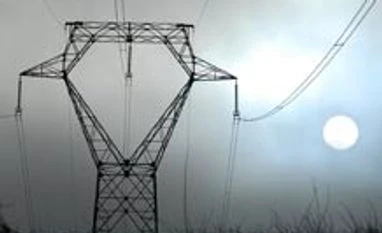"Nalco is not a power generator. We cannot have power banking agreement with it since we doubt it can return us power in due time," said P K Pradhan, director (commercial) with Gridco. Nalco, which has 600 Mw captive power plant at Angul, has been facing generation issues due to coal supply problems from last year. Recently it had to regulate power production by upto 200 Mw as a sudden closure of a coal mine affected regular supply. The metal production also went down by 25 per cent following drop in power generation, it said.
Nalco had given the proposal of power banking with Gridco earlier this year. As per the proposal, Gridco was to lend certain amount of power to the aluminium maker during rainy days when coal supply slows down. In return, Nalco would give back the same amount of power along with some extra power as interest later. Gridco said, entering into such an arrangement with Nalco might create problem as other industries with captive power facility would demand similar agreement, putting extra burden on the company during monsoon season.
More From This Section
Captive power generation capacity in Odisha is one of the highest in the country at 5,600 Mw compared with total 3,000 Mw power availability of Gridco. These captive power plants depend upon Mahanadi Coalfields Ltd, which has come under flak in recent months for irregular coal supply.
At the time of coal crisis, the industries with captive generation facility use emergency power from state grid at a higher cost. To minimise power cost, Nalco had suggested allowing open access in the state, but the proposal is yet to receive any response from the government. Open access norm in a power transmission network enables industrial buyers to procure electricity from different distribution companies, including private power generators, at a negotiated and competitive price.
In absence of power production back-up, Nalco will have to continue curbing output, said an official of the company. Power cost plays an important role in aluminium production as it comprises 35 per cent of total cost of the metal output. Most aluminium makers, therefore, depend upon own power plants to reduce the costs.
)